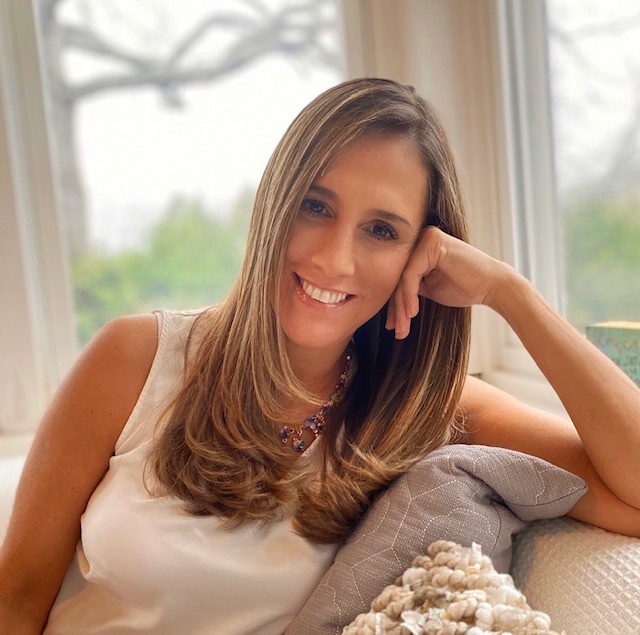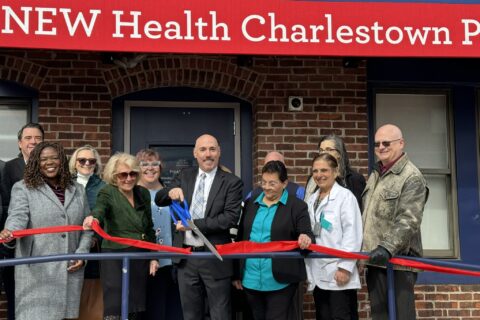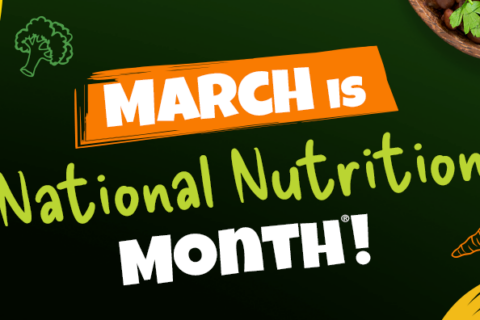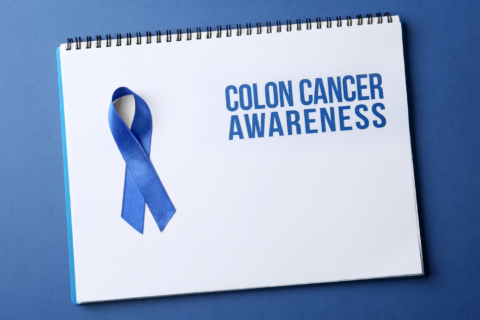By: Yvonne C. Castañeda

Having been raised on American soil by a Cuban father and a Mexican mother, I had one heck of a time forming my own identity. My father, or Papi as I called him, stressed to me that I must always work to be fiercely independent. He pulled me aside when I was ten years old and said, “Mija, do not get married and have children until you have an education and a career and your own money. Don’t depend on anyone- ever.” His words scared the heck out of me because I was still playing with Barbie dolls and couldn’t imagine getting married- ever.
When I hit adolescence, my mom grabbed the reins and she instilled in me her perspective on how I should approach my life, a perspective that quite frankly confused me as it was so different to what Papi had encouraged. “Mija,” she said, “when you get married, your duty is to your husband. Make sure you iron his clothes, cook delicious meals and keep the house clean, otherwise he will leave you.” She blessed herself with the sign of the cross and said, “Ay Dios Mio, that would be terrible. What would people think?” She also mentioned that I had to work to help pay the bills, raise a few children and always make sure that I keep my figure slim so as to avoid being abandoned by said husband.
Developing my own perspective was not encouraged, neither did I have the wherewithal to challenge my parent’s beliefs about how I should live my life. So rather than develop my own approach, I simply followed my parents’ instructions, sometimes simultaneously, which made finding happiness akin to encountering a unicorn- a completely mythical concept. I started to wonder and then fear that perhaps I’d developed something I’d been avoiding for many years: baggage.
I started to wonder and then fear that perhaps I’d developed something I’d been avoiding for many years: baggage.
For most of my adult dating life, I had purposefully avoided anyone with baggage, a term I’d heard in my early 20’s and had come to define as difficult ex-partners, a scary childhood, consistent lack of employment, overwhelming debt; someone who was too emotional or too closed off or too angry or too jealous or too insecure, which basically ruled out a good portion of the human race. Ironincally, I’d come to perceive myself as someone who did not have baggage even though I fit into at least 4 of the categories.
Although initially I perceived baggage as a negative or as something for which to be ashamed, a truly wonderful person helped me develop a new perspective.
Baggage is an enormous, empty suitcase that we’re all given shortly after birth. Throughout our lives, beginning with childhood, different people get to pack all kinds of stuff into it, like our parents or the people who are raising us, and they use the tools they’ve acquired to pack love, safety and security into our suitcase. As we get older and develop more awareness, we have experiences that provide us with insight, wisdom and resilience, tools that we pack ourselves. We have unpleasant and scary experiences that get packed into our suitcases as fear, panic and anxiety.
Sometimes our parents or the people on whom we rely add things in a hurry, which makes a mess of what’s already there. They add stuff when we’re not aware, like their own thoughts and beliefs, their own perceptions of the world and how we should live our lives. And if we trust our parents or caregivers, we let them pack things like cynicism or racism or sexism or homophobia, tools they believe we need to remain safe in the world they’ve come to know. All of which makes it difficult for us to make space for our own values, perspectives and beliefs, our own sources of self-worth and confidence. In fact, sometimes they do such a good job of packing these things that we forget where they came from and we assume we packed them ourselves.
What we carry may affect how we show up in our jobs, our friendships, our families and relationships, even when we think that a new relationship is a clean slate. Some of us carry suitcases that have tons of tools and knowledge and some of them have space for days. But when our suitcase is filled-to-the-max with stuff we’re not aware of or don’t understand, when it bursts open we run the risk of destroying much of what we hold dear. We hurt people who may already be hurt. They hurt other people too. And here we are, in 2020 America, with too many people hurting people.
Relationships and friendships add depth to our life because they allow us to have experiences that are rich with joy, peace, love, safety, validation. Our lives are a never-ending journey of opportunities to bond with others, to open our suitcase and share what we have, to help someone piece together their busted suitcase so they can carry on. But we can’t do any of this until we’re aware of everything in ours, until we’ve thrown out what we don’t want, until we’ve forgiven those individuals who packed our suitcases with the things they believed would help us and no longer serve us.
If you want to explore what’s in your suitcase, a therapist can provide you with a safe space in which to carefully open up your suitcase because a therapist will not pull everything out and judge you for what you’ve been carrying or how it’s been packed. Even more importantly, you get to decide what to cherish, what to share with others and what to discard.
Are you interested in speaking to someone on our behavioral health team?
Give us a call:
North End: 617-643-8080
Charlestown: 857-238-1195
Or request an appointment online:





